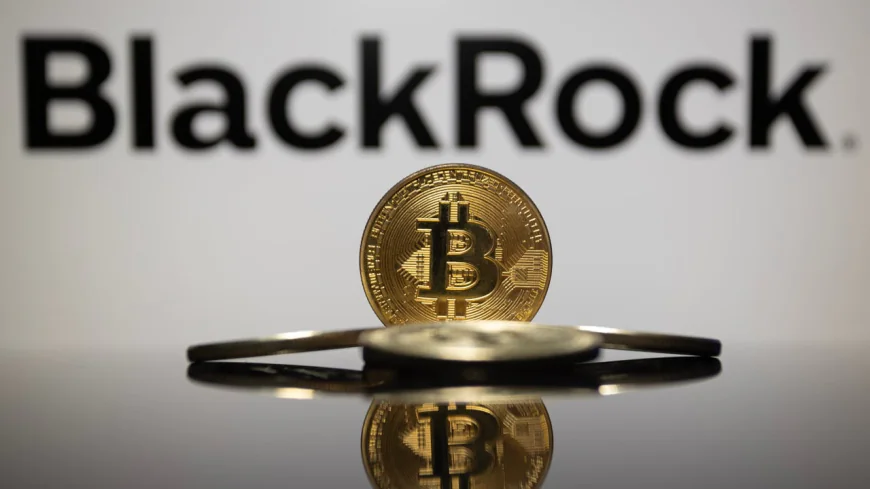BlackRock Secretly Discusses Staking & Tokenization With SEC — ETFs May Never Be the Same
BlackRock quietly met with the SEC to discuss staking, tokenization, and ETF innovation. A regulatory green light could flood crypto with fresh capital.

In a move that could reshape the future of finance, BlackRock, the world’s largest asset manager, recently held a private meeting with the U.S. Securities and Exchange Commission (SEC) to discuss staking, tokenization, and new standards for crypto ETFs.
What’s Going On?
According to reports, BlackRock’s executives and legal team met with SEC officials to seek clarity on four major topics:
-
Staking in ETFs: Can ETFs earn staking rewards from crypto assets like Ethereum?
-
Tokenization of real-world assets: How will the SEC regulate tokenized stocks or bonds?
-
Approval standards for future ETFs: What criteria must be met?
-
Derivatives and Options: Can crypto ETFs offer more advanced financial instruments?
These discussions suggest BlackRock is preparing for the next wave of crypto-financial products, including staking-enabled ETFs and tokenized portfolios.
Why It Matters
If the SEC provides clear guidelines, this could unlock billions in institutional capital flowing into crypto. Imagine earning staking rewards inside your retirement ETF—this could make crypto more attractive to traditional investors.
Also, tokenization has the potential to revolutionize how we trade assets like real estate or stocks, making them faster, cheaper, and accessible 24/7.





































